Our Sports
Unlocking potential through sports – discover how martial arts and swimming can be powerful catalysts for positive change in troubled teens, amplifying their academic success and fostering socially acceptable behaviour.
Boxing
Boxing builds strength and resilience with dynamic exercise. It boosts fitness through powerful, focused training.
Judo
Our students discover discipline and agility in Judo. They master throws, grapples, and self-control for holistic growth.
Karate
Empowering our students with Karate which cultivates focus, confidence, and self-defense skills for a balanced adolescence.
- Enhanced Focus and Discipline: The rigorous demands of martial arts nurture focus and discipline, translating into improved study habits, academic performance, and behaviour.
- Stress Relief and Mental Health: Martial arts channel negative emotions constructively, promoting better mental health and reduced aggressive behaviour.
- Elevated Physical Fitness: Active engagement in martial arts heightens overall physical fitness, positively influencing both mental well-being and academic progress.
- Boosted Self-Esteem: Achievements in martial arts nurture self-esteem and confidence, leading to better behaviour and academic outcomes.
- Social Skills Development: Martial arts classes foster teamwork and communication skills, equipping troubled teens for success in academics and life.
Witness the holistic benefits of martial arts, encompassing discipline, mental health, physical well-being, self-esteem, and social growth, leading to remarkable strides in behaviour and academic performance.
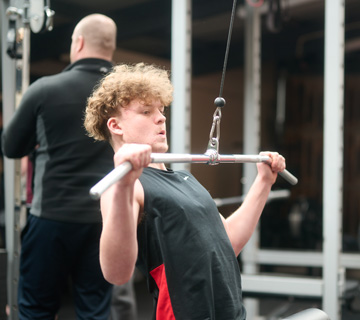
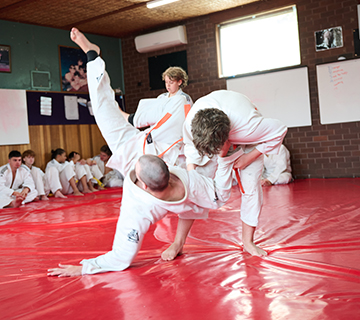
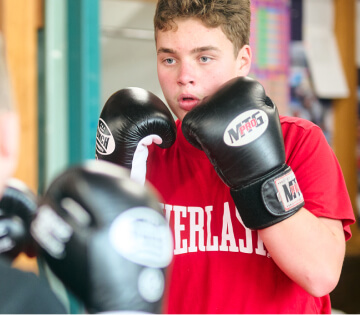
Swimming
Dive into the transformative effects of swimming for troubled teens with ADHD, Autism, and behavioural issues:
- Cognitive Enhancement: Swimming’s physical activity bolsters cognitive function, sharpening focus and attention for improved academic achievements.
- Emotional Regulation: Swimming offers a calming outlet, aiding emotional control and reducing disruptive behaviours.
- Sensory Integration: Water-based sensory experiences assist those with Autism, enhancing social comfort and diminishing sensory challenges.
- Social Interaction: Swimming classes provide structured social settings, fostering social skills, friendships, and teamwork proficiency.
- Confidence and Routine: Swim milestones nurture confidence and discipline, bolstering time management, organisational skills, and academic progress.
- Restorative Sleep: Better sleep quality from swimming contributes to heightened focus, attention, and academic outcomes.
- Anger Management: Swimming serves as an outlet for energy, promoting impulse control and reducing aggression.
- Positive Role Models: Interaction with coaches cultivates positive behaviour models, shaping attitudes and conduct.
- Achievement Motivation: Swimming milestones spark motivation, inspiring academic goal-setting and accomplishment.
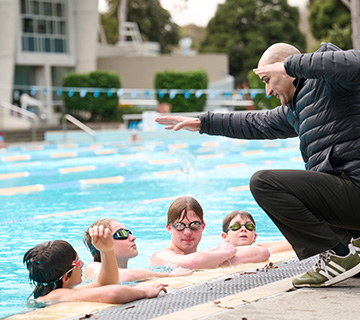
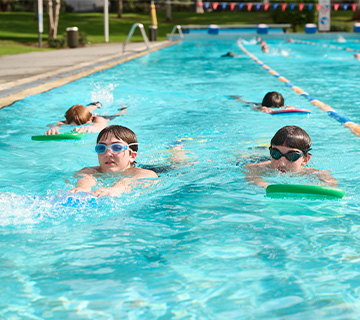
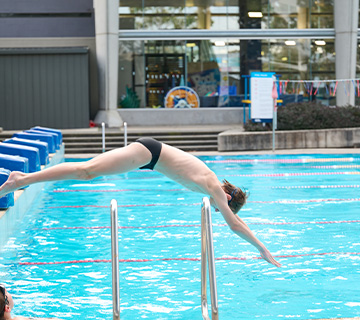
Remember, while martial arts and swimming offer remarkable benefits, a comprehensive approach tailored to each individual’s needs is essential. Consult behavioural interventions, therapeutic support, and medical guidance to maximise the impact on troubled teens’ well-being, ensuring a holistic and successful journey of transformation.
Unlock potential today through the boundless avenues of martial arts and swimming, lighting the path to brighter futures for troubled teens.
Weight Training
Weight training offers several benefits for adolescent boys when done safely and under supervision. Here are some potential benefits of weight training for adolescent boys:
- Improved Strength: Weight training increases muscular strength, making it easier to perform everyday activities and participate in sports.
- Enhanced Athletic Performance: Building muscle strength improves performance in all sports. It can also enhance skills such as jumping, running, and throwing.
- Bone Health: Weight training can promote bone health and reduce the risk of osteoporosis later in life. It can help increase bone density during adolescence, which is a critical time for bone development.
- Better Body Composition: Weight training helps reduce body fat and increase muscle mass. This can contribute to a healthier body composition and improved overall health.
- Improved Posture: Weight training exercises can help strengthen the muscles that support good posture, reducing the risk of postural issues or back pain.
- Enhanced Self-Confidence: Seeing improvements in strength and physical appearance can boost self-esteem and self-confidence in adolescent boys.
- Injury Prevention: Weight training can help strengthen muscles and joints, reducing the risk of injuries during physical activities.
- Mental Health Benefits: Weight training, has positive effects on mental health, reducing stress, anxiety, and symptoms of depression.
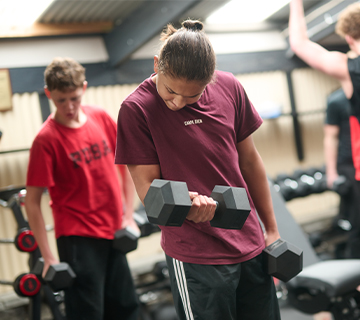
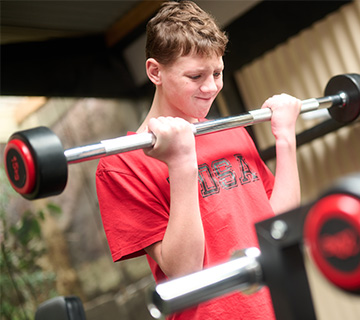
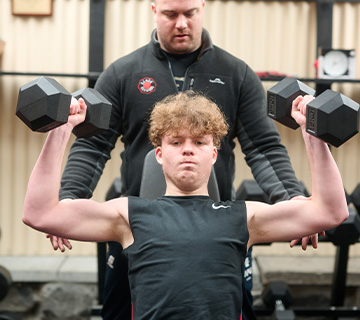
Weight training for adolescents should start with light weights and focus on learning proper lifting techniques before gradually increasing the resistance.

Respect, mental toughness, and the true meaning of what friendship and brotherhood is.
LUKE, FORMER FDSA STUDENT

